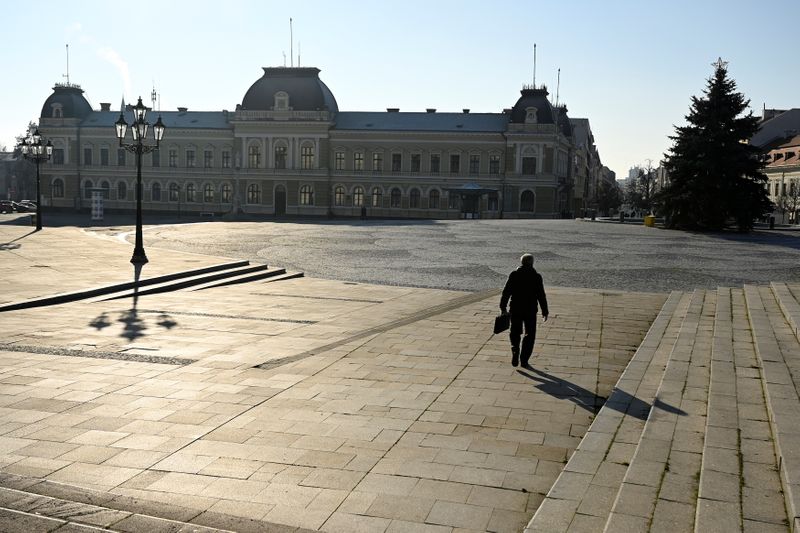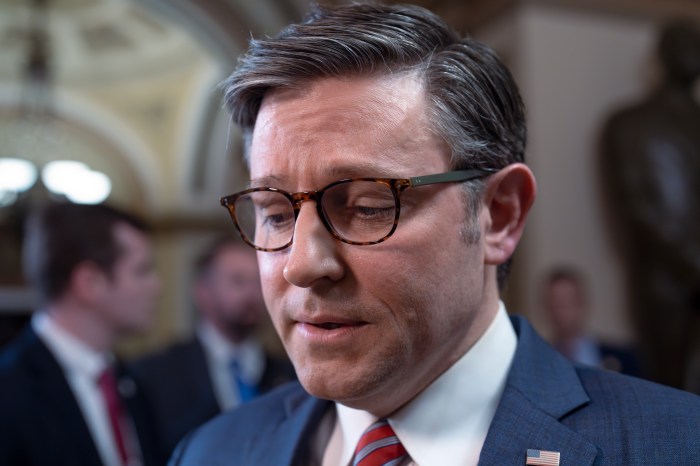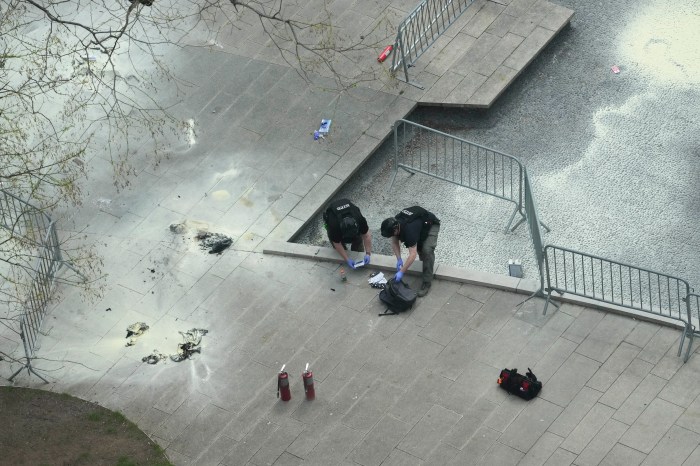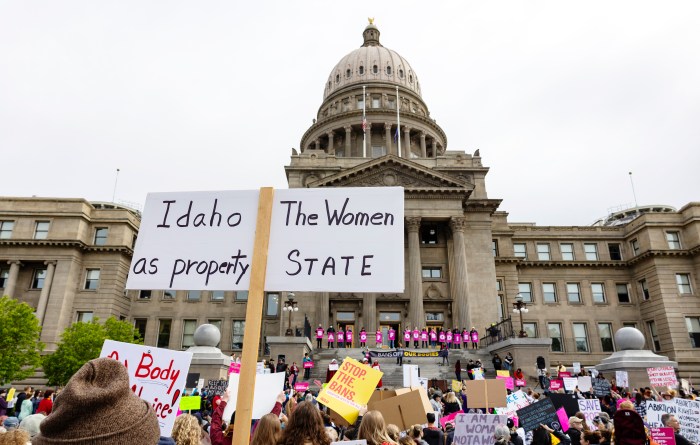PRAGUE (Reuters) -Slovakia will open shops in a limited capacity for customers with negative COVID-19 tests as part of an easing of pandemic restrictions from next week, Finance Minister Igor Matovic said on Tuesday.
The country is coming out of its worst wave of the pandemic and is looking to follow central European neighbours in reopening some schools, retail and other services while kickstarting its vaccination programme.
Last week, Slovakia fell into a dispute with Russia – which called on the government in Bratislava to return doses of the Sputnik V vaccine, citing contract violations – after a Slovak watchdog raised doubts about the shot.
The government has sought to smooth over the row but did not comment on Tuesday on the status of the vaccine, which is awaiting European Union approval.
Under the easing plans, Slovakia will also reopen churches, libraries, pools and zoos, all with limited capacity, on Monday, government ministers told a televised news conference.
Hotels can open doors for limited numbers of guests but restaurant services will remain closed. Outdoor trips outside people’s home districts will also be allowed.
Negative COVID-19 tests will be required to enter shops, churches and other buildings.
Government ministers called on people to remain cautious.
“If we don’t manage the responsibility that will fall into our hands on Monday, we will return very quickly to where we have been for the past months,” Matovic said.
Slovakia has cut the number of daily cases per capita below neighbours like the Czech Republic and Hungary, which still face some of Europe’s highest infection rates but have also started gradual reopenings.
Infections detected via PCR testing are below 1,000 a day on a weekly average while hospitalisations have dropped to 2,250 in the country of 5.5 million, from a peak of more than 3,800 in early March.
(Reporting by Robert Muller and Jason Hovet; editing by John Stonestreet and Janet Lawrence)



















